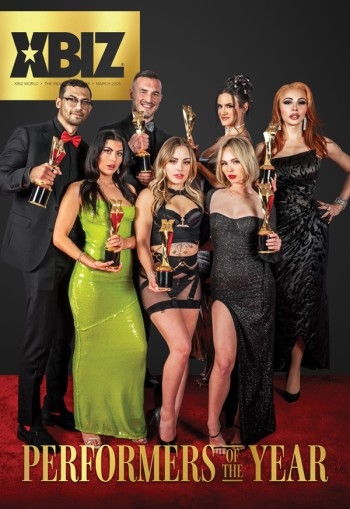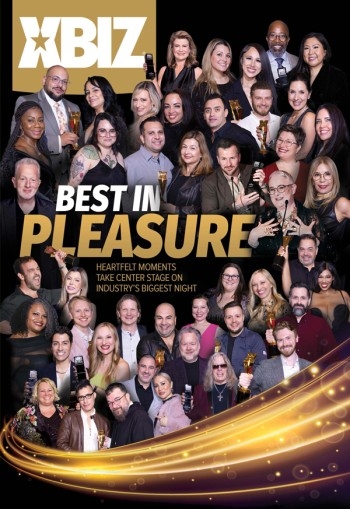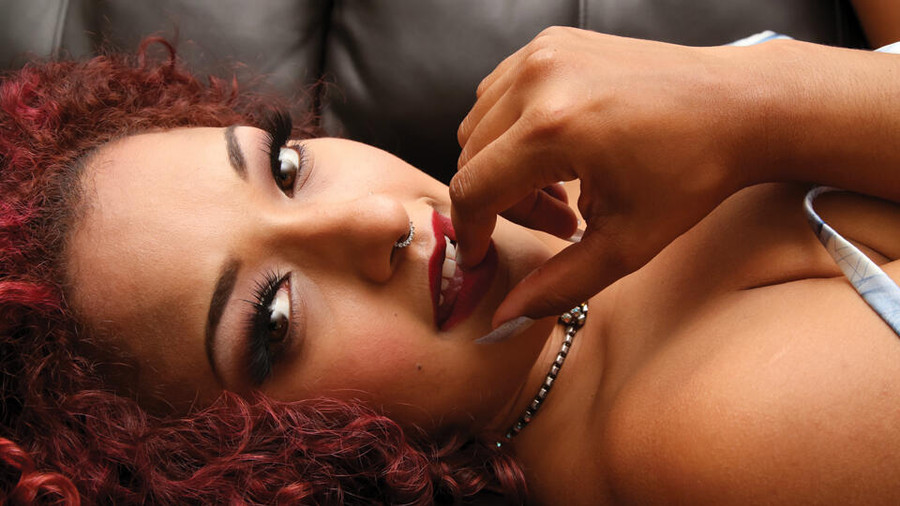In the wake of #BlackLivesMatter, I’ve been working behind the scenes to help address complex racial issues that have pervaded the adult space over many years. If you’re feeling some unease right about now, trust me, I know the feeling. Most people in our industry aren’t even aware that these issues exist — but they do, often to the detriment of performers of color and their careers.
For many people, the main takeaway from #BlackLivesMatter, one of the most significant social justice movements in modern history, is a heightened sense of awareness for experiences outside of their own — the problematic kind that have quietly flown under the radar, and the more visible kind that people have seemingly grown accustomed to over time rather than attempted to address.
The messaging and imagery that we put into the world can have a ripple effect that carries well beyond our own spheres of influence.
As often as our industry is unjustly targeted as the moral scapegoat for misguided social and political agendas, we still have to admit that we aren’t without flaws. The silver lining is that these are the types of flaws that we can make a conscious effort to overcome. With a radical push for change and equality on the radar of citizens around the globe, it’s more important than ever that we strive to ensure that we, the adult industry, an already stigmatized group, are not acting as our own oppressors. To this end, I’m one of the people pressing company executives, studios and decision makers for equality and ethical business practices.
Standing up for change is not always easy, however, especially when it comes to tackling tough subjects like race. It takes courage to move through discomfort — and not just our own, but also navigating the discomfort of others. It also takes conviction to believe that moving the needle is possible, even if it's only baby steps.
As an advocate for a better adult community, I want to share four simple but effective ways that you can make a direct impact for positive change:
• Get involved with collectives or organizations: As an independent whose income is contingent upon bookings, I have struggled in the past to advocate for myself when problematic situations occurred, out of fear of losing future work. Nobody should have to advocate for change alone. Getting involved with groups that are working toward a shared goal will allow you to engage with others in a supportive environment while building community and exchanging valuable information. It’s also an effective way to take action for initiatives that you believe in. These groups can open up the possibilities for collective bargaining when needed, which can be much more impactful when rallying for change than one voice alone.
• Education and awareness: A large component of advocacy is education — giving and receiving knowledge and sharing our experiences with one another. Information channels are much more accessible nowadays compared to when I entered the industry over 10 years ago. That’s what’s great about how things have evolved over time: performers are much more independent now, and there is a lot more information exchange taking place among the community on social media, in Telegram and Discord chat groups, through industry-hosted event panels and community meetups. Some companies and organizations host informative seminars, which can be a great way to stay informed, connect with resources and engage candidly with others who can relate.
• Direct peer support: When the pandemic first hit and lockdowns happened, everything came to a screeching halt and a lot of performers, especially those who were reliant on in-person and studio shoots, really struggled to make ends meet. This compelled my organization, BIPOC Collective, to create a monthly micro-grant program to help the most vulnerable in our community get their basic survival needs met. Peer support can take various practical forms, such as lending sound advice or mentorship to someone seeking guidance, recommending ethical companies that you’ve had positive experiences with, hosting a discussion event on current topics or engaging in productive conversation on community forums. Even posing a question in a public tweet can boost others’ engagement while encouraging conversations that could be helpful to many. It is a misconception that change only happens long-term, when in fact we can support others through direct, intentional actions that have immediate results.
• Take stock of your business: A sound approach to change can start with modeling what we’d like to see through our own actions. Independent performers working for themselves and shooting their own content have control over what they create and whom they work with. Whether collaborating with performers or companies, we have the ability to outline our boundaries and communicate what we are and aren’t willing to do and why. Like any industry, adult entertainment is subject to supply and demand. For better or worse, what fans are willing to spend their money on will determine demand, but although we can’t control that, we can leverage our role in the supply chain — by choosing whether or not to participate in objectively problematic content, for example. The messaging and imagery that we put into the world can have a ripple effect that carries well beyond our own spheres of influence, and this is something that we can choose to approach with intention.
The adult industry is diverse, innovative and so much more than “just porn.” We all have the power to make positive changes in big or small ways to improve our community and the lives of others. Although you and I may not always be fighting for the exact same causes, it’s clear that a path toward positive change is possible when we lean on community and make conscious choices that take into account the wider impacts of our actions in both the short and long term.
Daisy Ducati is a performer, an activist and a member of the BIPOC Adult Industry Collective. She can be followed @daisyducati on Twitter and Instagram, as well as Linktr.ee/DaisyDucati.







